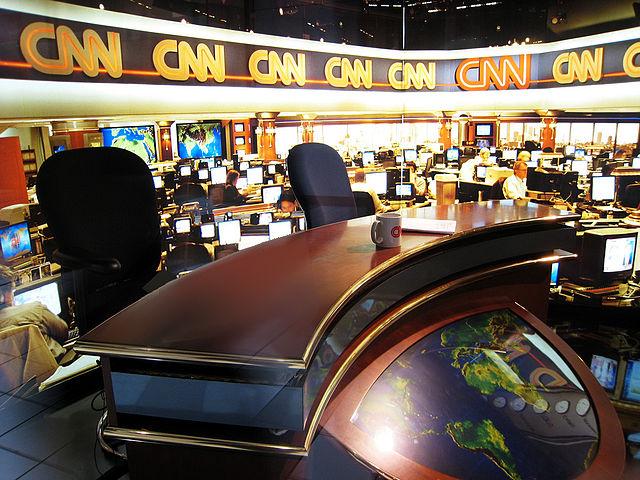In an effort to keep up with current events and be more informed, I, like many others, scroll through an online news feed. Whether it be the Apple News app on my phone, a quick Google search on my laptop or colorful infographics on my Instagram feed, I consistently run into the same problem: I see an important headline, I click on the article and I cannot access the article. The article’s content is either blurred out or blocked, and instead, all that is visible is a form inviting me to fill out my billing information to pay for a subscription.
The Wall Street Journal, The New York Times (which you can access with your Wellesley email!), The Washington Post, The Guardian, The Los Angeles Times, The Atlantic and starting this month, you can add CNN and Reuters into the mix. Nearly every major news outlet is putting their reporting behind a paywall. While most of these publications allow people to scroll through the headlines on the homepage for free, this is not enough. Reading the snazzy headlines optimized for maximum online engagement does not inform the public; people need to be able to read the entire article to gain the full context to truly understand an issue.
Online journalism is becoming increasingly inaccessible through paywalls, and this practice is dangerous because it makes it harder for people to access reliable and trustworthy information necessary to make informed decisions. A free press is vital to democracy because it provides the fundamental tools for the people to hold institutions and elected officials accountable. Without free access to reliable, accurate and trustworthy information, the public is unable to make informed decisions. A free press is not just objective reporting free from government or corporate influence; it also includes the ability for the people to freely access said reporting. Without free access, a free press is not truly free. News media needs to stop paywalling content to allow for the free exchange of information.
Some argue that this subscription-based reporting is simply the standard for newspaper subscriptions in the digital age. After all, the paperboy wasn’t bringing the morning paper over for free, and the local paper wasn’t publishing for the fun of it. Journalists deserve to be compensated for their labor. Paying for journalism signals that we as a society value quality reporting. However, these norms are harder to apply in the age of the Internet.
When most people run into a paywall, they do not automatically hand over their credit card information. Instead, they look for a free alternative: social media. Online journalism’s greatest competitor is social media, which has already played a role in the decline of print media. While social media can democratize the spread of information by providing anyone with their own platform, this democratization comes with drawbacks. In particular, the lack of proper gatekeepers makes it easy for misinformation, hate speech and propaganda to be spread. Social media algorithms intensify the effects by creating echo chambers that make it difficult for people to accept accurate information that contradicts their existing beliefs. While social media can help amplify the voices of marginalized groups or provide firsthand sources, social media alone as a complete alternative to traditional media is dangerous.
The danger of social media as an alternative to traditional media can be evidenced by Twitter following Elon Musk’s takeover. After Musk revising community guidelines and firing the “Election Integrity Team” (a group of fact-checkers who verify claims made by politicians), the number of posts containing hate speech and misinformation skyrocketed. The algorithm rewards these messages by promoting inflammatory posts made by “verified” users. Further, while social media allows the people to connect with elected officials more directly, the lack of a journalistic intermediary to verify claims or investigate institutions means that the people are forced to take the claims of politicians at face value. In other words, social media is not equipped to facilitate the free exchange of information in the same way traditional media is.
Personally, I am tired of being limited to just the headlines of The Washington Post. I am frustrated by stringing together out-of-context posts across a wide variety of social media platforms to grasp a breaking news story because more reputable news sources have paywalled their reporting. Watching those around me fall for misinformation online, I am increasingly irritated by the fact that I cannot easily provide people with the correct information. My anger isn’t the result of the unmet instant gratification from taking the time to learn the facts, but rather the result of a systemic inability to get the facts. People need a body that can verify and contextualize the claims made on social media, which is where traditional news media comes in. However, online journalism must be as easily accessible as social media outlets in order for this to work. Traditional news media and independent social media should work in tandem to better inform the public, but this partnership is impossible if news media continues to paywall their content.
Contact the editor(s) responsible for this story: Caitlin Donovan




